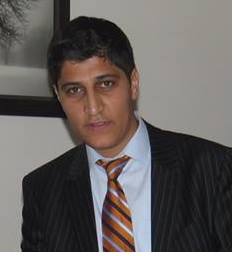
By Sarkawt Shamsulddin:
The mosaic of Iraqi society has shaped the election campaigns. The way each political party manages the campaign can tell us what potentiality each party has or where they look for votes. The ruling parties at national and local level abuse their public positions, money, and security forces to gain more votes. The parties with religious backgrounds try to use the voice of religion and claim that voting is “witnessing” and the voters are accountable in front of God “Allah.” Some others who are proud of their history of resisting former regimes illustrate and correlate their future promises with their past. There are few groups who build their strategies based on shortcomings of the current government and the priorities of the youths and middle-class voters.
Election is one of the major elements of democracy, but election alone doesn’t assure democracy since dictators can use the resource of the state to interfere with the election process. The quality of the election itself is a serious matter; a free and fair election. How can a free and fair election be guaranteed in Iraq while judicial institutions are not independent, parliament is unable to oversee public spending, and the independent media is under threat? Unfortunately, this is the reality of the country 11 years after United States’ “Operation of Freedom.” This article is not about whether the US-led invasion of Iraq was a good step or not, but it is more about what is going on in Iraq during the election and who is doing what to get more votes. We try to show you some pictures and talk about the stories behind them..
The Iraqi people are still suffering from a lack of basic services, education, and a high rate of unemployment. The security is still a big issue, but it is more the issue of Sunni-dominated areas and Baghdad. Iraqis whose country is considered as of the richest country in the world with a vast amount of natural resources, especial oil and gas, are still using gas cans and plastic bottles to get enough energy to cook or heat their homes. The pictures below show the reality of Iraq’s current situation. The caption of the photo of women holding gas cans on their heads says, “ Malki’s new fitness plan for Iraqi Women.” It is the reality of PM Malki’s Iraq who has ruled the country for two terms. There are other examples of the public salary crisis in Kurdistan where a policeman sells plastic bags on a street corner to cover his family expenses in the city of Sulaimaniyah.
The security condition in the Kurdistan Region, and South of Iraq are much better, and people enjoy a low level of prosperity.
Nevertheless, the abuse of public positions by ruling parties in Baghdad and Kurdistan region is one of the major issues of the election process. The PM Malki’s list, State of Law, have recently distributed boxes of food, which are described as gifts from the Prime Minster, with the flyers of the candidates. It is an indication of abusing power and using public funds for the election campaign by Prime Minister Al Malki.
Using public resources in the Kurdistan Region is more organized and injected into the public system itself. The two ruling parties, the PUK and KDP, have employed hundreds of thousands of their members as public employees to guarantee their votes. Therefore, the main debate of the KDP and PUK is “Vote for us, get employed” or “ Vote for us, you will get your share from oil revenue!” However, the second party, PUK, has declined to the extent that public employees are not going to vote for them anymore. Therefore, the PUK is referring to its past resistance against Saddam. The PUK also tried to use the picture of its sectary general, Jalal Talabani, who is currently sick and has been unable to handle his daily duties since December 2012. The PUK’s surprise to its supporters was Talabani’s recent photos, which doesn’t seem to work anymore. The PUK has tried to show Talabani’s return as a “Resurrection” or “Second Coming” and rescue it from a leadership crisis.
The religious background, correlating voting as a religious deed or making people accountable in front of God “Allah” is another shortcoming of the election process in Iraq. This policy has been used by those parties who have an Islamic (Shiite or Sunni) background such as Amar Hakim’s party, Islamic Supreme Council (Shiite), Islamic Parti’s of Ayad Samaraii (Islamic Party of Iraq), and some other parties in Kurdistan. Some candidates put themselves under oath that, “I swear that Prophet Muhammed (PBUH) nominated me for this task!” or some other promise not to change his/her phone number if he/she wins the election. There is also the participation of the most conservative women candidates that the voter has no chance to know who they are! The following two pictures are examples of the above mentioned situation.
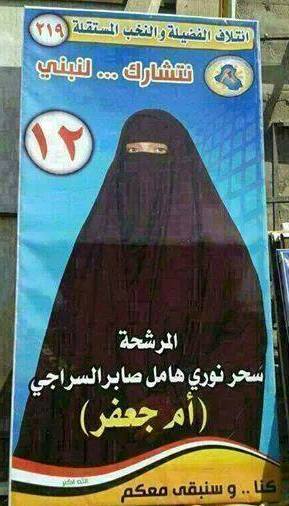
It seems Iraqi society is under the influence of religious leaders, but the recent researches of Professor Eric Davis, a Professor of Political Science at Rutgers University and past director of the University’s Center for Middle Eastern Studies, showed that the new generation is different. They do not cast their vote based on their tribal or religious background. The research showed that youths, from all of the country including Kurdistan, prioritized their demands as security, job, social life, education, and housing. Religion and ethnicity concerns are the last two demands. There are few political parties in Iraq which realized this fact and have built their agenda based on the shortcomings of the current government and the demands of youth. According to the UN’s database, 65 percent of Iraqis are under the age of 40. Therefore, youths are the center of any change in the election results. Two political parties in Iraq have been successful in their efforts to approach youths: Ahrar (Sadr followers) in the south, and Gorran (Change) in Kurdistan. These two political parties have the majority of youths in their campaign. The youths are even voluntarily working for them and using their own limited resources while the ruling parties have been spending thousands of dollars on their campaigns and gathering people. The two photos below show two examples: one in Baghdad where Sadr followers hang posters and flyers of Ahrar candidates, the other one is Gorran’s followers in Kurdistan who have risked their lives to cover the streets and neighborhoods with Gorran’s flags and flyers. These two parties have been working on the shortcomings of ruling parties, and they have also opened the opportunity for youths to make their voices heard. As a result, both parties have been growing after each election.
Sarkawt Shamsulddin: Graduate Student at Virginia Tech University, School of Public and International Affairs, majoring in Governance and Global Security. Kurdistan Tribune Editorial Staff member
.jpg)


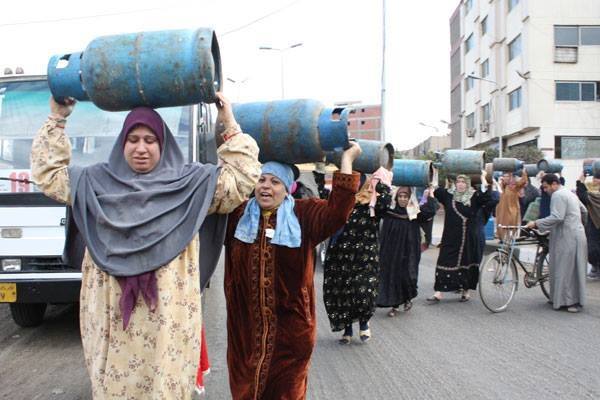
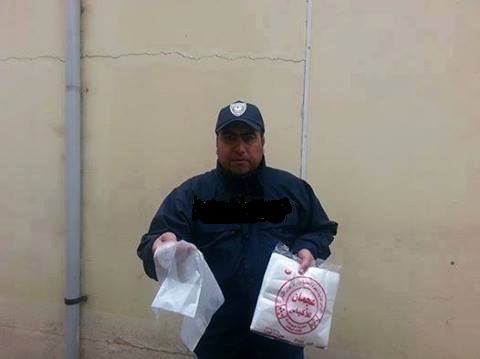
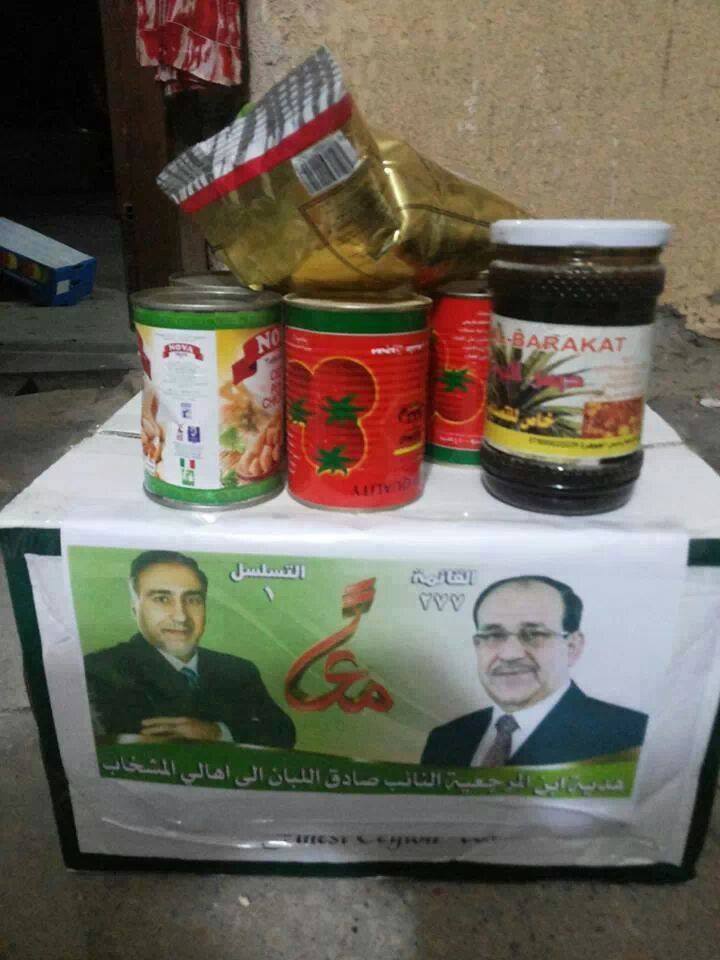
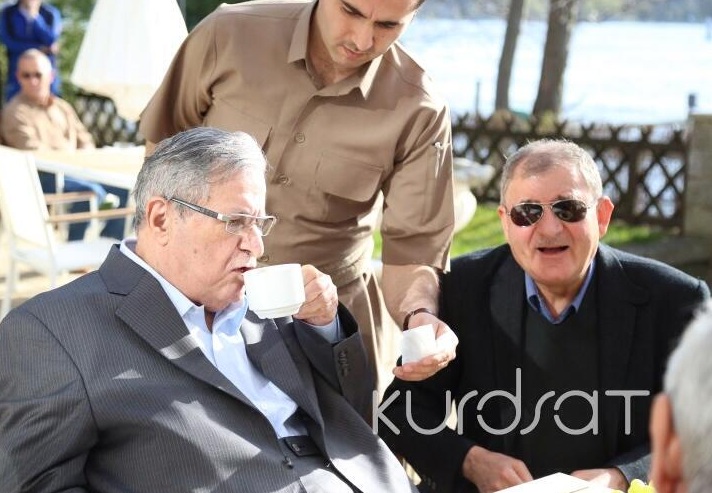

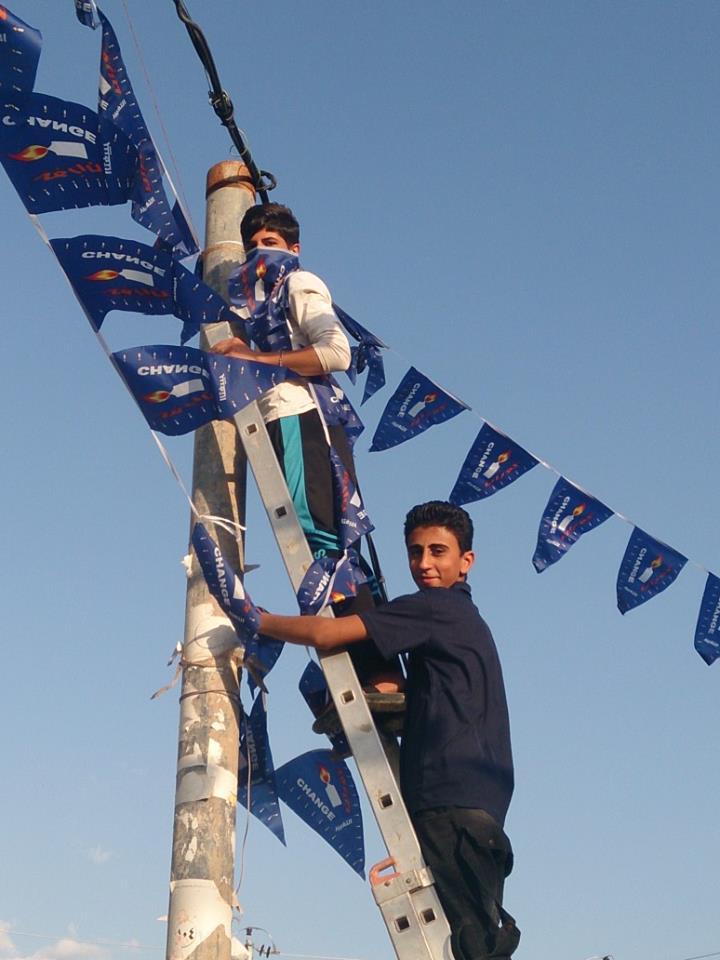


I don’t think Gorran is not listening to youths. Gorran tries to use youths for its own agenda.
i appreciate for your great article, actually you have written a very meaningful article, before reading your your article i anticipate something such mentioning “Gorran” as one of the best among all parties, i mean i expected that you want to say that Gorran has a very good chance to win.